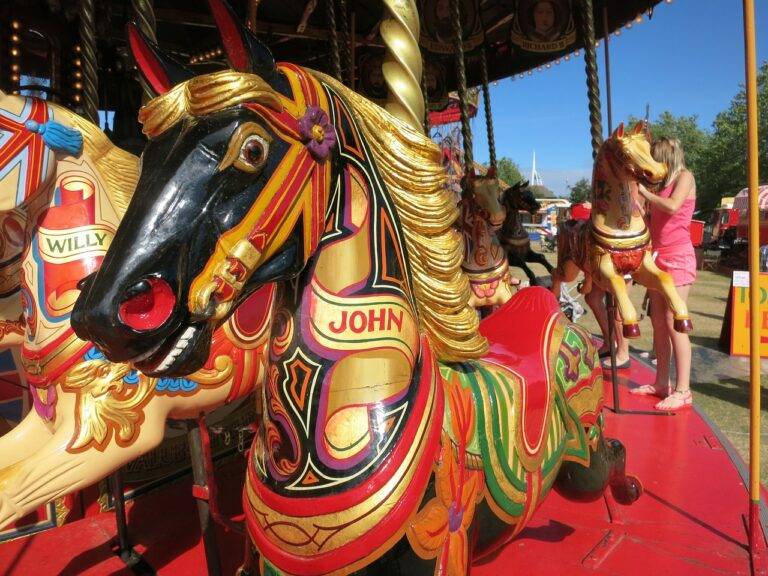Exploring the Psychology of Celebrity Obsessed Fans
Within the realm of human history, the fascination with celebrities can be traced back to ancient civilizations where individuals of power and influence gained widespread admiration from the public. Kings, queens, and warriors were venerated for their accomplishments, setting the stage for celebrity culture to evolve over time. As societies progressed, the rise of mass media in the 20th century further propelled the idolization of public figures, shaping the way people perceive and interact with celebrities today.
The allure of celebrities extends beyond mere admiration, delving into deeper psychological and sociological factors that drive individuals to idolize and obsess over famous personalities. Psychologically, celebrities serve as aspirational figures for many, representing an idealized version of success, beauty, or talent that individuals strive to emulate. On a societal level, the obsession with celebrities can be attributed to the human desire for escapism and connection, as people look to these larger-than-life figures for entertainment, inspiration, and a sense of belonging.
The Impact of Social Media on Celebrity Fandom
Social media platforms have revolutionized the way fans interact with their favorite celebrities. With instant access to updates, behind-the-scenes glimpses, and direct communication, fans feel closer to celebrities than ever before. This constant stream of content fuels the obsession and intensifies the emotional connection fans have with their idols.
Moreover, social media has democratized celebrity fandom by providing a platform for fans to express their adoration openly. Fans can now share their love for celebrities, create fan accounts, and connect with like-minded individuals across the globe. This sense of community fosters a supportive environment where fans feel understood and validated in their admiration for their favorite stars.
How has social media changed the way fans interact with their favorite celebrities?
Social media has made it easier for fans to connect with celebrities on a more personal level, through platforms like Twitter, Instagram, and TikTok. Fans can now follow their favorite celebrities, comment on their posts, and even receive responses from them directly.
What are some of the negative impacts of social media on celebrity fandom?
Some negative impacts of social media on celebrity fandom include the spread of false information or rumors, increased pressure on celebrities to constantly post and engage with fans, and the potential for toxic behavior from fans towards both celebrities and other fans.
How has the rise of social media influencers affected traditional celebrity fandom?
The rise of social media influencers has blurred the lines between traditional celebrities and everyday people, leading to a shift in the way fans interact with and idolize public figures. Fans may now feel closer to influencers who share more relatable content, as opposed to traditional celebrities who may seem more distant.
Can social media help celebrities maintain their relevance and popularity?
Yes, social media can be a powerful tool for celebrities to maintain their relevance and popularity by staying connected with fans, promoting their work, and engaging in online trends and challenges. However, it can also be a double-edged sword if not used wisely.





